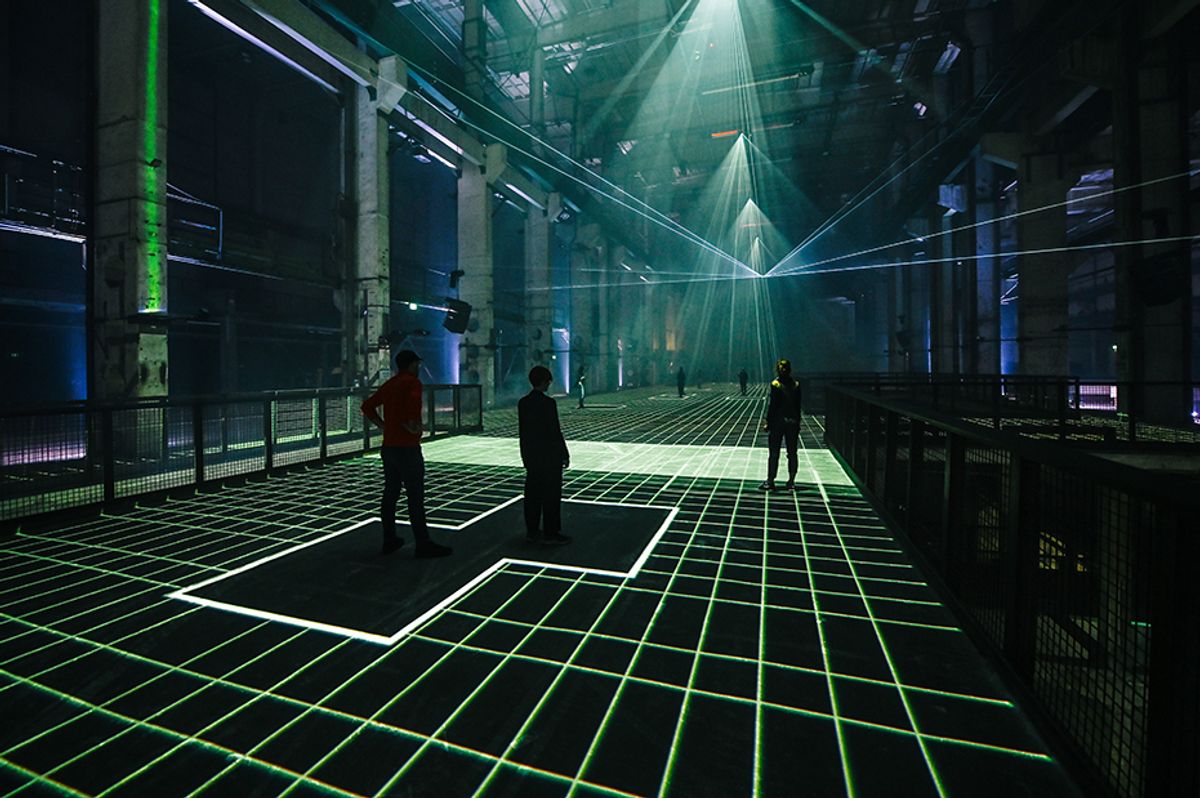A new non-profit art foundation has launched in Berlin to create exhibitions exploring scientific innovation in art, including the use of artificial intelligence (AI), virtual reality and quantum computing.
Known as LAS Light Art Space, the foundation is backed by Jan Fischer, a German transport entrepreneur and activist. It opens its first exhibition on 23 November at the repurposed 1960s power plant Kraftwerk Berlin. The show includes immersive installations by the Istanbul-born media artist Refik Anadol that combine AI, LED displays, sound, performers and lasers.
“Visitors can directly experience how the computer perceives us and its environment, develops consciousness, and even starts to dream,” says Bettina Kames, an art historian who co-founded LAS Light Art Space together with Fischer. “Our aim is to awaken interest in AI and draw people who wouldn’t normally go to museums.” The foundation is co-operating with schools and the local community, she says.
LAS Light Art Space has a staff of eight, including Kristina Leipold, a former head of finance and development at Berlin’s Martin Gropius Bau museum, and Agnes Gryczkowska, a former assistant curator at the Serpentine Galleries in London. The foundation will organise “experimental” events with different artists and venues while it seeks a permanent space in Berlin, Kames says. Satellite projects with artists located in remote parts of the world are also planned, including one in a nature reserve in Israel.
Each project will be accompanied by events aimed at promoting interdisciplinary discourse between artists, scientists, writers, musicians and technology experts. Artists scheduled to show works in 2020 and 2021 include the US filmmaker Laurie Anderson and the Light and Space artist Robert Irwin. The foundation also plans to collaborate with museums including the ZKM in Karlsruhe and the Martin Gropius Bau, Kames says.


